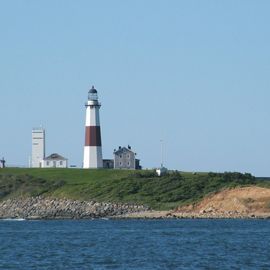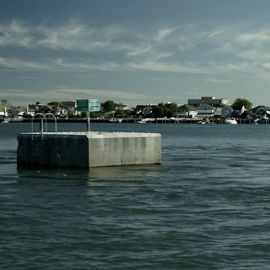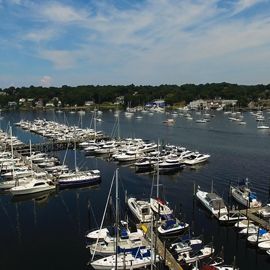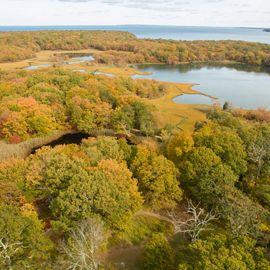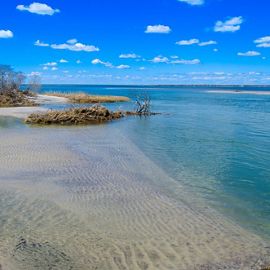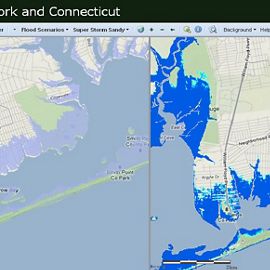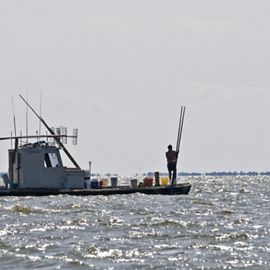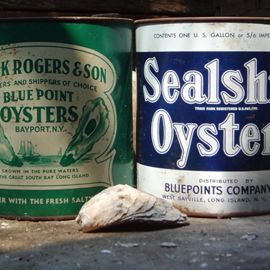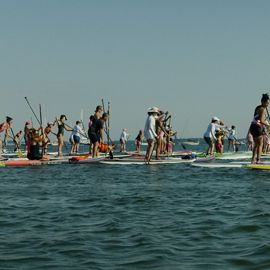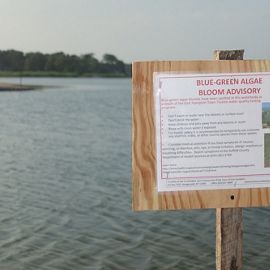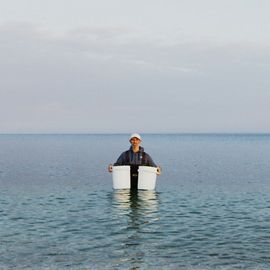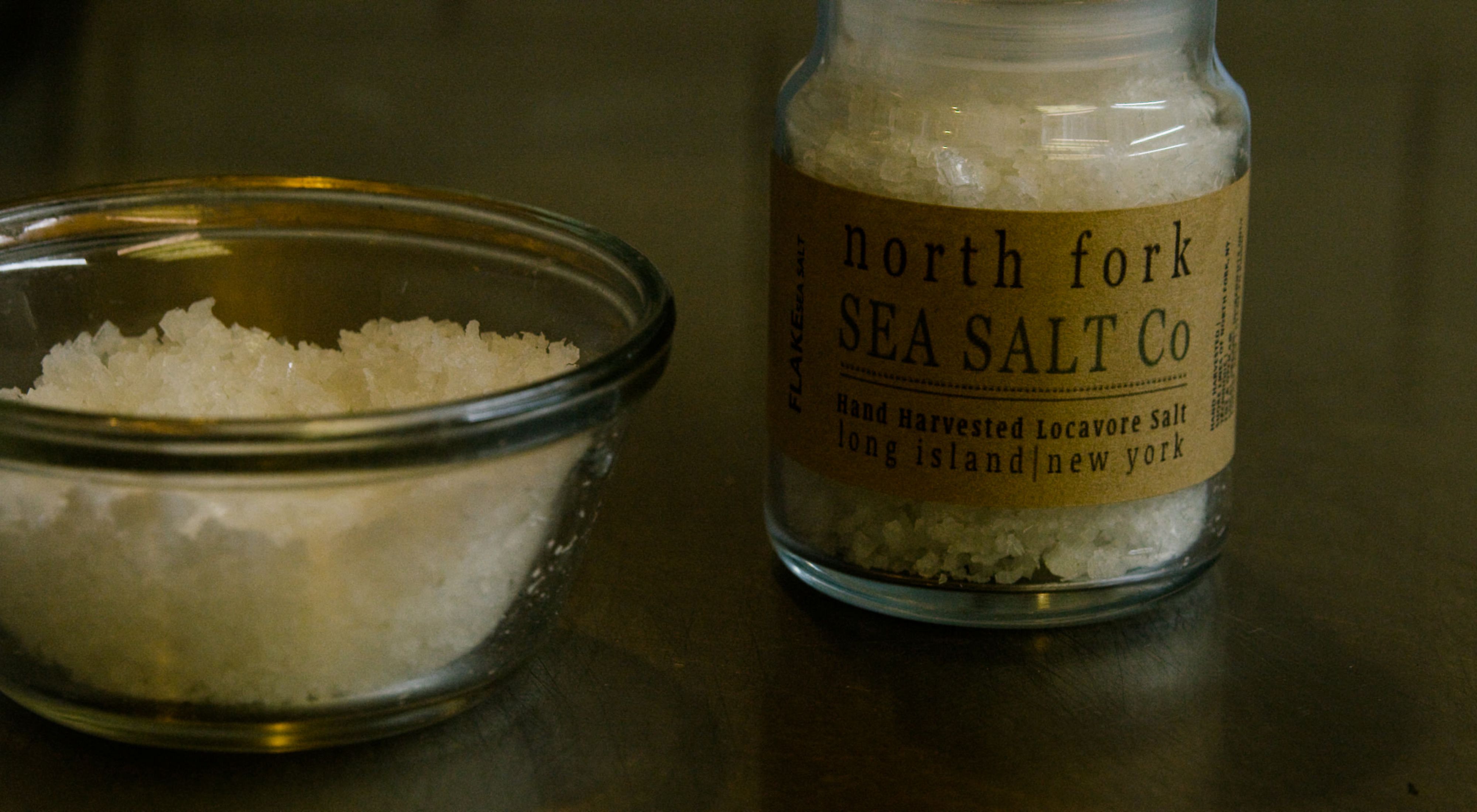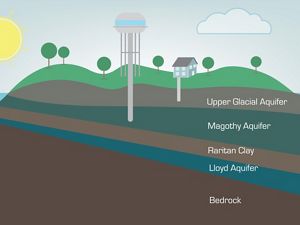You Have Every Choice to Make a Difference and Source Locally
Long Islanders have a lot of purchasing power. When we purchase produce, seafood, and other products that are grown or sustainably harvested locally it helps support our community. This purchasing power also can be directed in ways that provide financial incentives for our local farmers and fishermen who are employing or transitioning to practices aimed at reducing impacts to Long Island's waters.
Early November Brings A Lot of Baymen to Orient Harbor
In the early 1980's roughly 500,000 lbs. of bay scallops were annually harvested from Peconic Estuary, accounting for more than 25% of the total commercial bay scallop harvest in the US. The late fall and winter inshore bay scallop fishery was culturally and economically important for the seaside communities that ring Peconic Bay. Starting in 1985, bay scallop populations took a double blow when brown tide directly resulted in bay scallop mortality while simultaneously damaging the eelgrass meadows that are so important for the survival of juvenile scallops. While the significant investments in resurrecting bay scallop populations on the east end are yielding results in some parts of the bay, lost eelgrass meadows and nitrogen pollution fueled harmful algae blooms remain major obstacles to attaining robust, self-sustaining bay scallop populations.

We Don't Harvest Anywhere After a Long Period of Rain
In some places on Long island, water quality noticeably deteriorates after a big rain. However, the rain itself is not a threat to water quality. The problem comes from what the rain can pick up, such as contaminants from roads and other impervious surfaces. Rain can pick up water soluble fertilizers and pesticides from lawns and farms. Rain can even flush pet waste into the bay. Big rain events can also flood out low lying septic systems, causing them to discharge raw sewage directly into the bay or into storm drains that eventually flow to the bay. Next time you hear a beach is closed because of rain, remember, it is not really the rain that is the problem. Flooding septic systems and contaminated storm water runoff are things we can prevent.
Explore Local Stories About Water Quality
